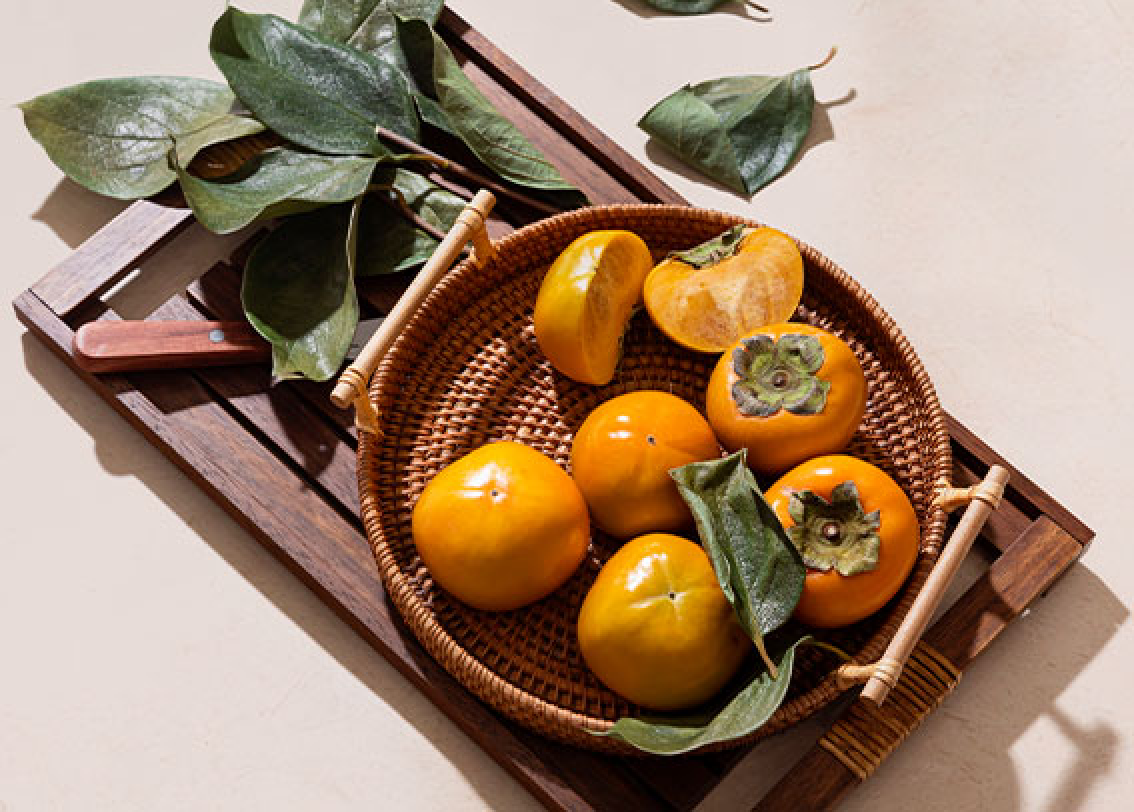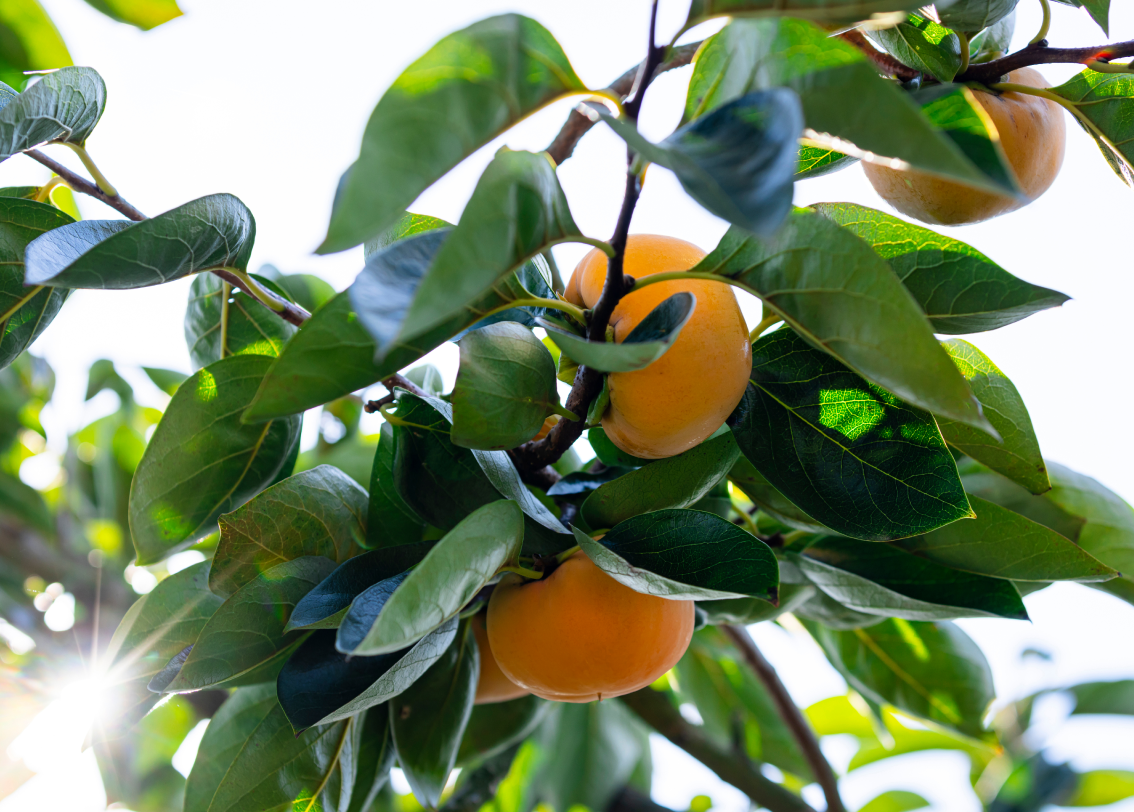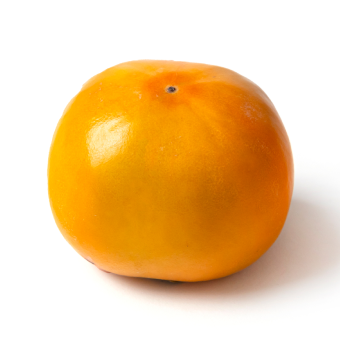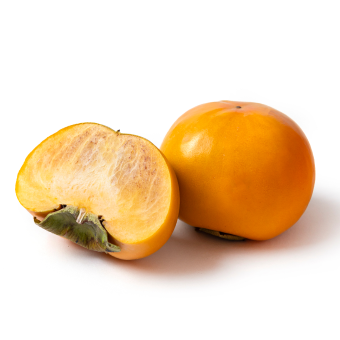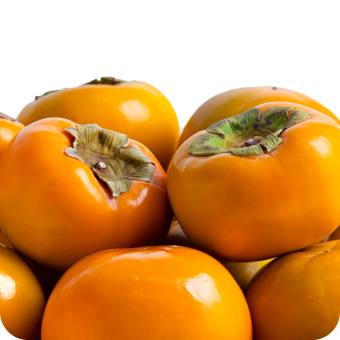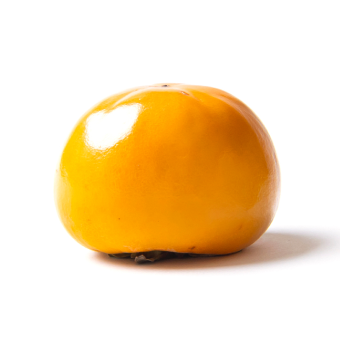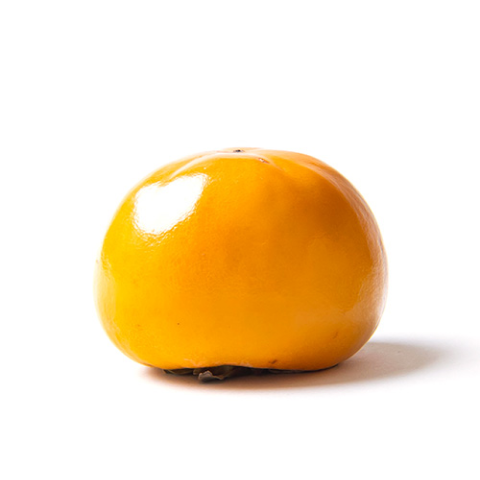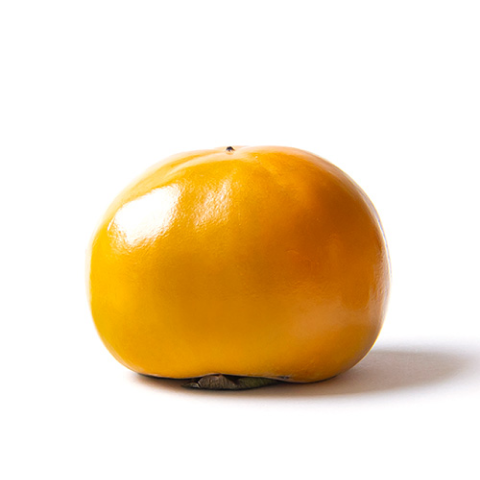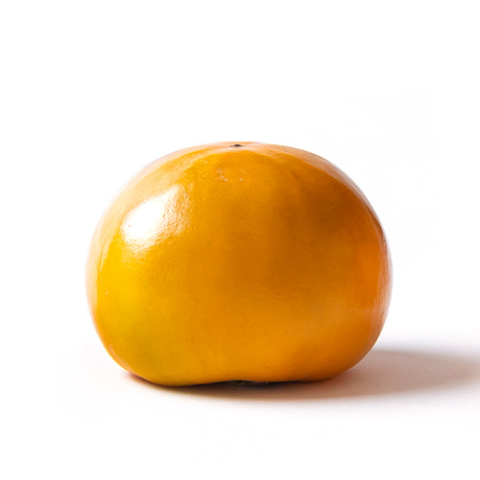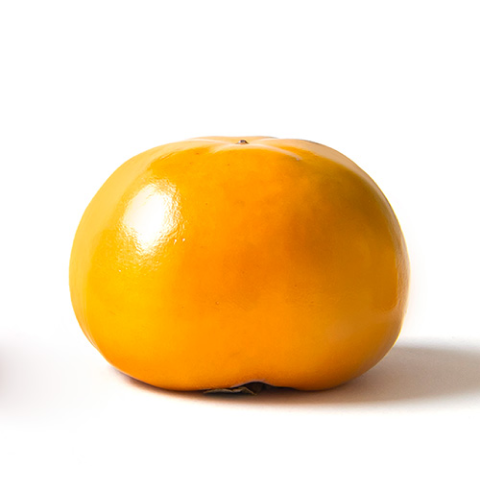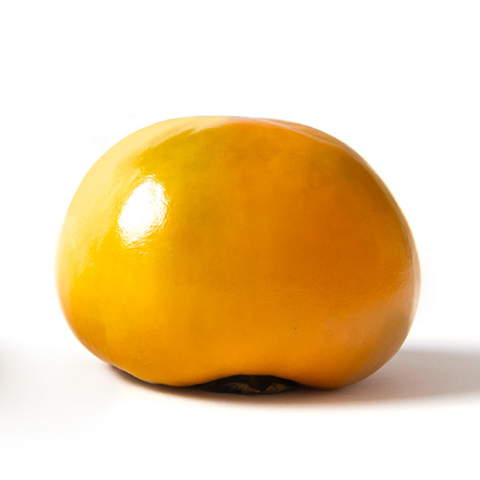Grown under abundant sunlight with a clear distinction between seasons and significant temperature differences between day and night, Korean sweet persimmons are naturally rich in sugars, making them an ideal fruit for satisfying the palates of people in Korea and around the world.
As a representative fruit of autumn, the season of harvest and abundance, Korean persimmons are packed with essential vitamins, minerals, and dietary fiber. They contribute to improving digestive health and boosting immunity, making them not only delicious but also highly nutritious.

